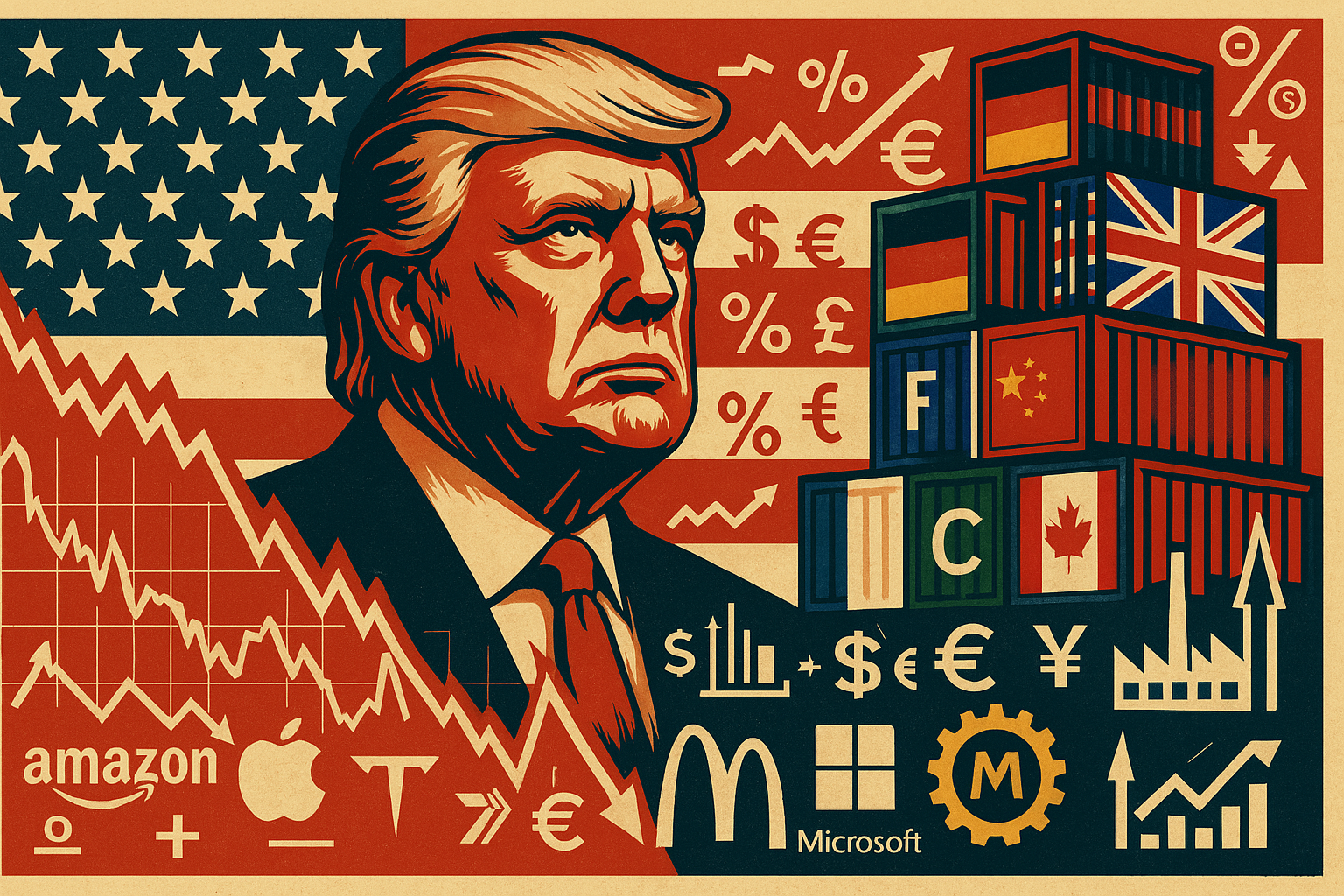Is Now the Right Time to Invest? How investors should think during periods of uncertainty
The S&P 500 and other major US indices are sliding, shaken by fears of a global tariff war. As the US signals aggressive trade policies, other nations are responding with threats of retaliation. Investors are reacting quickly—and in some cases, emotionally.
This isn’t the first time we’ve seen this.
In 2018, a similar trade dispute between the US and China caused a market sell-off, only for stocks to rebound months later. In 2011, the US credit rating downgrade sparked panic—but the S&P 500 doubled over the following five years. Even in 2020, during the early shock of the COVID-19 pandemic, markets crashed—and then recovered faster than most expected.
These patterns remind us that while short-term shocks are inevitable, the long-term direction of the market is often positive—provided investors stay disciplined.
So, as volatility returns and headlines grow louder, the question is timely:
Is now the right time to invest?
Let’s consider both sides of the argument.
Why You Might Consider Investing Now
Falling prices create long-term opportunities
Market downturns often push even strong companies below their fair value. For patient investors, this can be a chance to buy at a discount.Volatility rewards long-term thinking
History shows that investors who enter during periods of uncertainty tend to outperform those who wait for “perfect” conditions.Compounding needs time, not timing
Investing early—despite the noise—lets your capital grow over time. Missing just a few days of recovery can significantly impact long-term returns.Diversification remains a powerful tool
While US markets struggle, other regions or asset classes may offer growth or protection. A well-diversified portfolio can cushion the impact of volatility.
Why Some Investors May Choose to Wait
Uncertainty around global trade policy
Tariff wars can hurt supply chains, raise costs, and slow global growth. These risks may weigh on company earnings for some time.Inflation and interest rate pressures
These remain a concern. If rates stay higher for longer, they could pressure both equities and bonds.Market sentiment is fragile
Investor confidence can shift quickly. In uncertain conditions, markets can stay volatile longer than expected.No one wants to catch a falling knife
Some investors prefer to wait for stability, even if it means missing the exact bottom.
The JA Group Perspective
Market timing is rarely successful over the long run.
The more reliable approach is to focus on your personal goals, build a long-term plan, and stick to it through cycles. At JA Group, we help clients answer more useful questions:
What does this downturn mean for my plan?
Am I properly diversified to weather uncertainty?
Should I rebalance my portfolio or stay the course?
We provide daily portfolio tracking, risk reviews, and clear insights tied to your specific goals—not just market benchmarks. That helps our clients act strategically, not emotionally.
What You Can Control
You can’t control global trade decisions, market movements, or media narratives. These forces shift without warning and sit outside your influence.But you can control your behaviour, your strategy, and how you respond to market volatility. Focus on these. They shape your long-term results.
The Real Question


